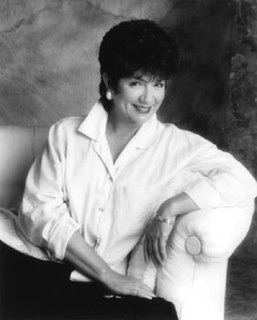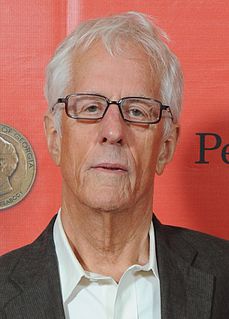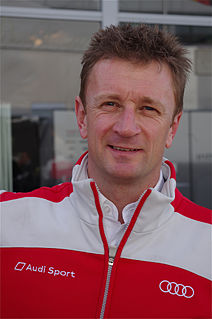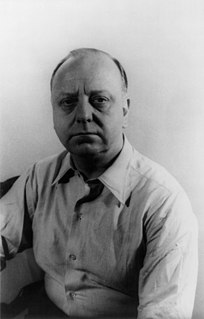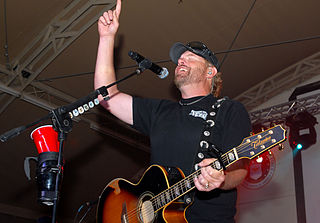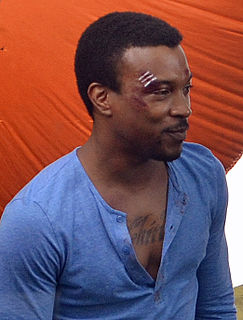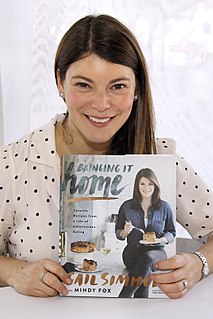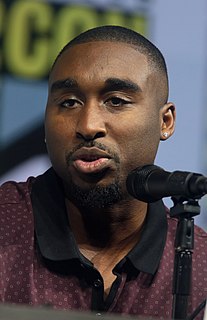A Quote by Lurlene McDaniel
I wanted to write about the third world and had the opportunity to go live in the trenches, so to speak.
Related Quotes
I was given the opportunity to write the kind of book that I wanted to write, rather than one that catalogues where I sang and what I sang and what I wore. I wanted to write a book about an American family, the family that has produced me. The longer I live, the more I realise the incredible support and love we were given as children.
I write and speak about personal and spiritual growth. One week I write about illness and another week I speak about relationships and another week I write about work and money and another week I speak to people with obesity issues. I write about whatever wounds seem to cry out for more enlightened solutions, and the love that heals them all.
I'd had my whole life to write my first album. I had my No. 1 and my third single out, and they go, 'Hey, guess what? We need to start recording the next one.' I'm like, 'Uh oh, I got to write another album. Well, how am I gonna write 'Should've Been a Cowboy' and 'Ain't Worth Missing' and all that again?' It took me forever to write the first one.
I had a student once come up to me and we were talking about this incident, and, of course, I never had the right thing to say. But later on, I realized I should have said: Don't write about trying to change the world, just write about a changed world or a world that's not changing. Let that do the work.
